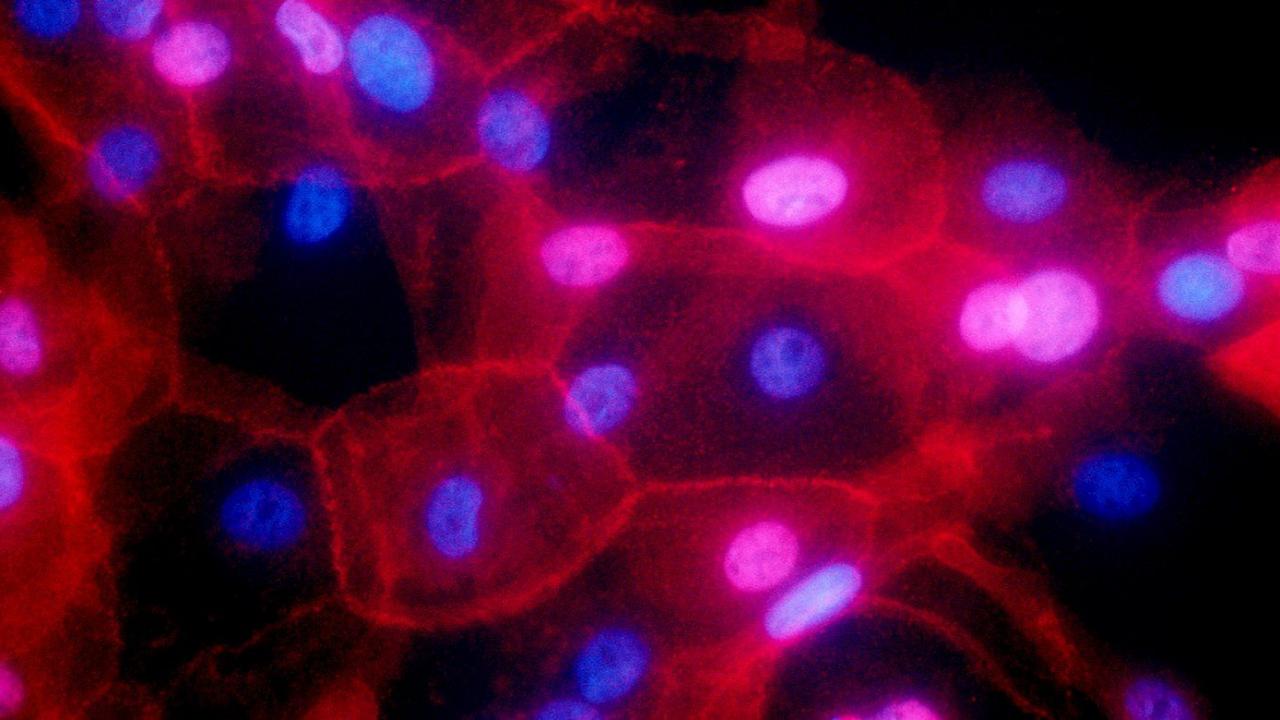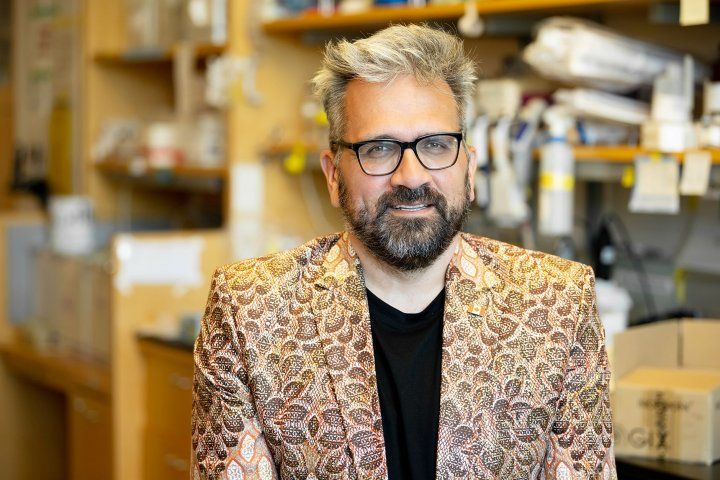
Researchers at UC San Francisco and UC San Diego have mapped out how hundreds of mutations involved in two types of cancer affect the activity of proteins that are the ultimate actors behind the disease. The work points the way to identifying new precision treatments that may avoid the side effects common with much current chemotherapy.
“This is an entirely new way to do cancer research,” said Nevan Krogan, PhD, director of the UCSF Quantitative Biosciences Institute who is co-senior author, along with Trey Ideker, PhD, professor at UC San Diego School of Medicine, on a set of three related papers that appear Sept. 30, 2021, in Science. “We realized we need another way to look at cancer that takes it a step beyond DNA.”

Nevan Krogan, PhD, director of the UCSF Quantitative Biosciences Institute who is co-senior author, along with Trey Ideker, PhD, professor at UC San Diego School of Medicine, on a set of three related papers that appear Sept. 30, 2021, in Science. Photo by Susan Merrell
Krogan and Ideker look to proteins, which carry out the vast majority of functions in the body – and which take on a collection of forms that far outnumber our genes, providing a much more expansive view of the activity underlying cancer.
“We’re elevating the conversation about cancer from individual genes to proteins, allowing us to look at how the varying mutations we see in patients can have the same effects on protein function,” said Ideker, noting that this work represents new technological capacity to explain the effects mutations in a more precise way. “We’ve produced the first map looking at cancer through the lens of interactions between proteins.”
The effort to map these effects, dubbed Cancer Cell Map Initiative (CCMI), is revealing, on a monumental scale, genetic patterns and organizing principles that underlie the disease and potential new ways to tackle it.
The team’s new studies describe the approach in detail, and highlight findings when it was applied to breast cancer and cancers of the head and neck.
Looking Beyond Gene Mutations to Protein Disruptions
Our genes contain instructions for building proteins, which then interact with other proteins, almost always in large groups called complexes. These protein complexes often regulate an activity or turn a function on or off. If the underlying gene has a mutation, the resulting protein complexes will as well.